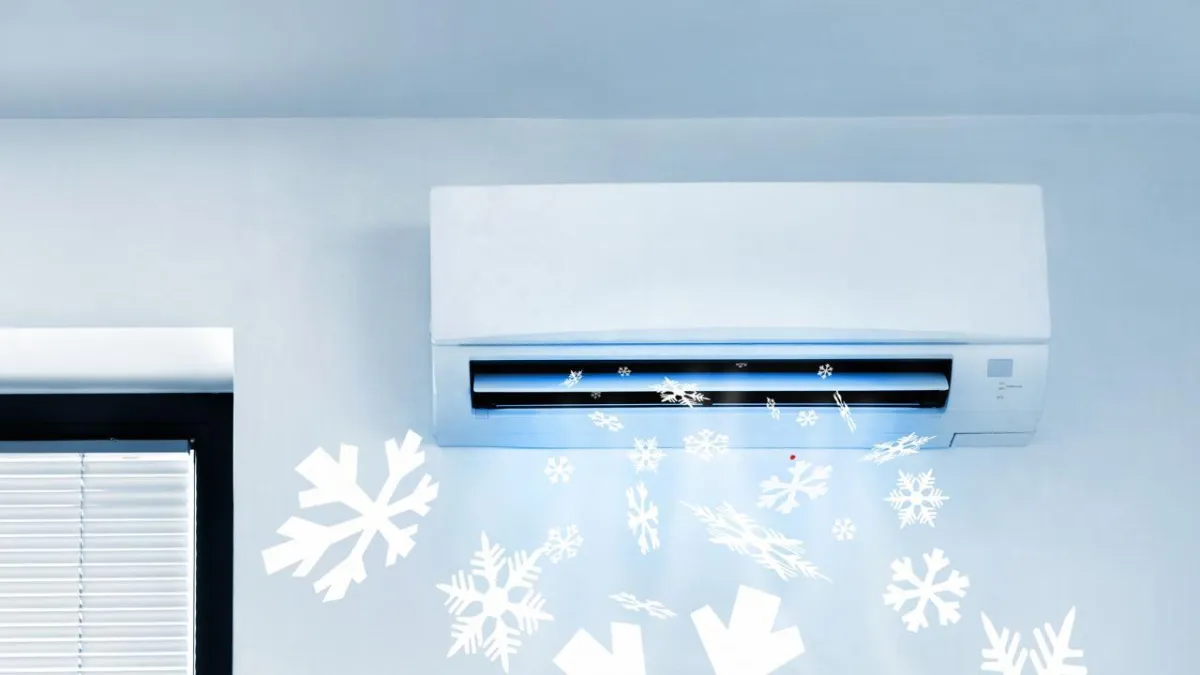
AC Installation and Indoor Air Quality: What You Need to Know
When summer heat hits, your air conditioner becomes more than a comfort—it’s a lifeline. But what many homeowners don’t realize is that your AC system plays a major role in your home’s indoor air quality. If you’re planning an AC installation in Cedarburg WI, understanding how the process affects air quality can make all the difference between a home that just feels cool and one that feels healthy, too.
This guide will walk you through how proper AC installation impacts air quality, common mistakes to avoid, and what you can do to ensure your system keeps the air you breathe clean and fresh.
Why AC Installation Affects Indoor Air Quality
Your air conditioner doesn’t just lower temperatures—it circulates and filters the air inside your home. During installation, every connection, seal, and duct placement affects how air moves through the system. A small mistake, like a loose duct joint or improper airflow calibration, can lead to dust buildup, humidity issues, or even mold growth.
A professional installer, such as Champion Air Mechanical, understands how to size and configure your system for both efficiency and air purity. They ensure your ducts are sealed tight, filters are properly fitted, and airflow is balanced throughout every room. These details may seem small, but they directly influence how clean your indoor air stays over time.
The Hidden Connection Between Humidity and Air Quality
One of the biggest indoor air quality issues homeowners face is excess humidity. When humidity levels rise above 50%, allergens like mold spores and dust mites thrive. An incorrectly installed AC system can struggle to dehumidify effectively, leaving your home feeling sticky and musty.
Proper installation includes ensuring the unit’s cooling capacity matches your home’s size and layout. Oversized systems cool too quickly without removing enough moisture, while undersized units overwork and still can’t keep humidity in check. A licensed HVAC company will take detailed measurements and perform load calculations before installation, so your system balances temperature and moisture perfectly.
Filters, Ducts, and Maintenance: The Clean Air Trio
After installation, your air filter becomes your home’s first line of defense against pollutants. But even the best filter can’t compensate for dirty or leaky ducts. Over time, dust, pollen, and debris can collect inside the ductwork, circulating back into the air you breathe.
To prevent this, homeowners should:
Replace filters every 1–3 months, depending on the filter type.
Schedule annual professional maintenance to clean coils and check ducts.
Consider upgrading to HEPA or high-MERV filters for allergy relief.
Regular maintenance doesn’t just keep the air clean—it also extends the life of your system and prevents costly repairs down the line.
Case Study: Breathing Easier After a Professional Installation
When the McAllister family moved into their new home in Cedarburg, they noticed constant dust and sneezing despite frequent cleaning. After consulting an HVAC expert, they discovered that their newly installed AC system had poorly sealed ducts and an undersized air return. Once corrected, airflow improved dramatically, humidity balanced out, and allergy symptoms subsided within days. Their experience is a reminder that quality installation isn’t just about comfort—it’s about health.
The Bottom Line
A properly installed air conditioner is your first defense against indoor pollutants. When done right, it improves air circulation, controls humidity, and filters out harmful particles before they can affect your family’s health.
If you’re considering a new AC system, don’t settle for shortcuts—work with trained professionals who understand both comfort and air quality. With the right installation and ongoing maintenance, you can enjoy cool, clean air all year long.
Ready to upgrade your comfort and breathe cleaner air? Schedule a professional consultation with a trusted local expert today and ensure your next AC installation supports your health as much as your home.




